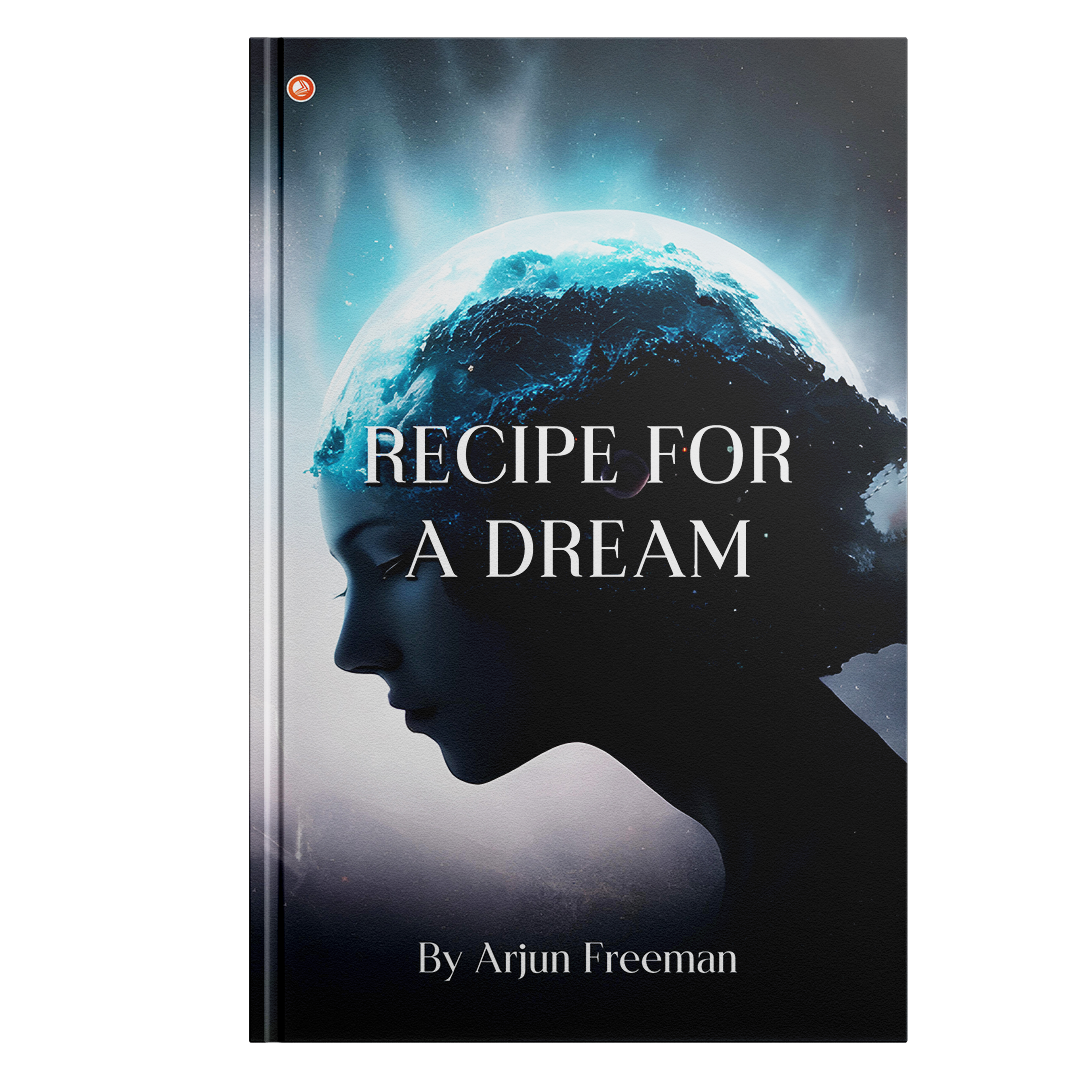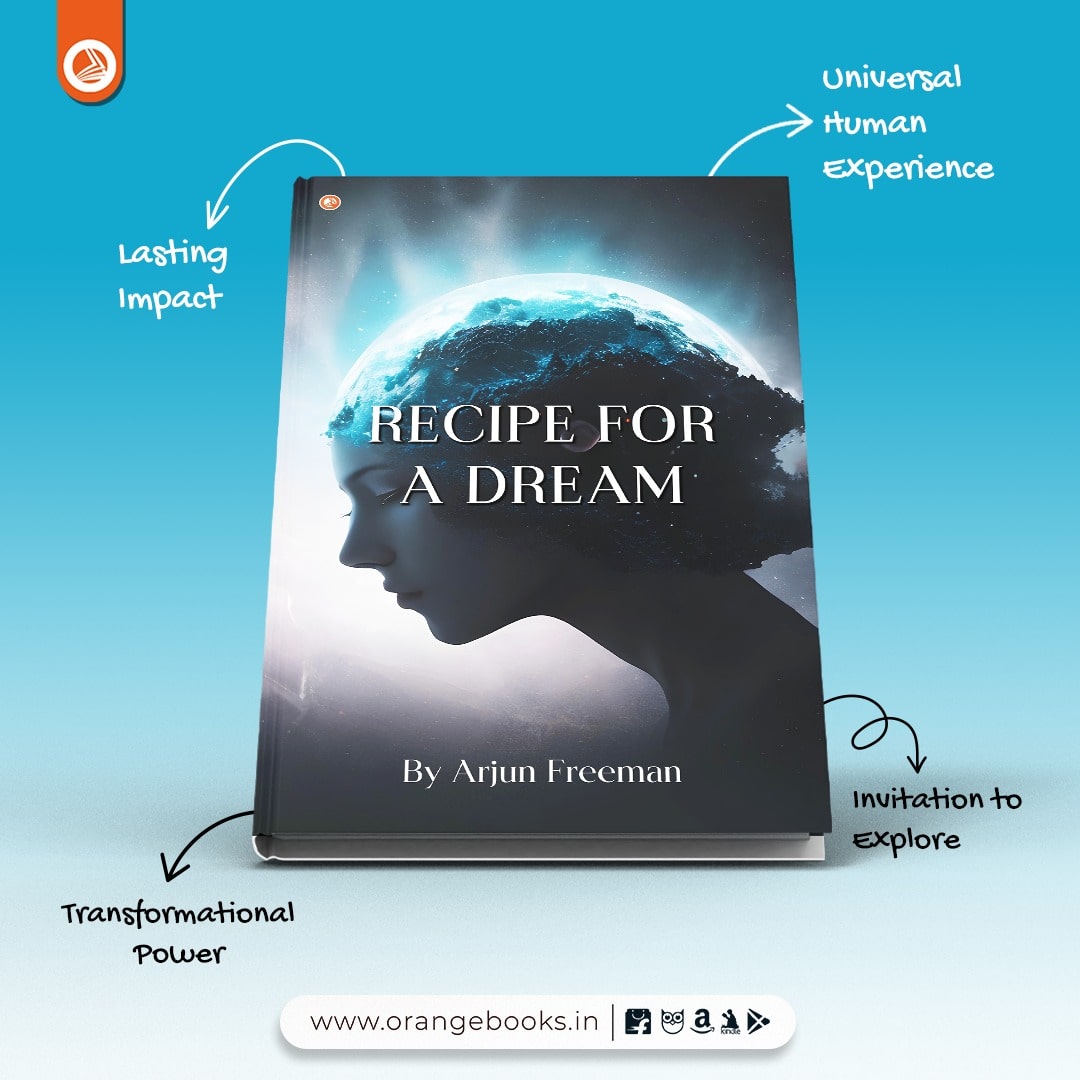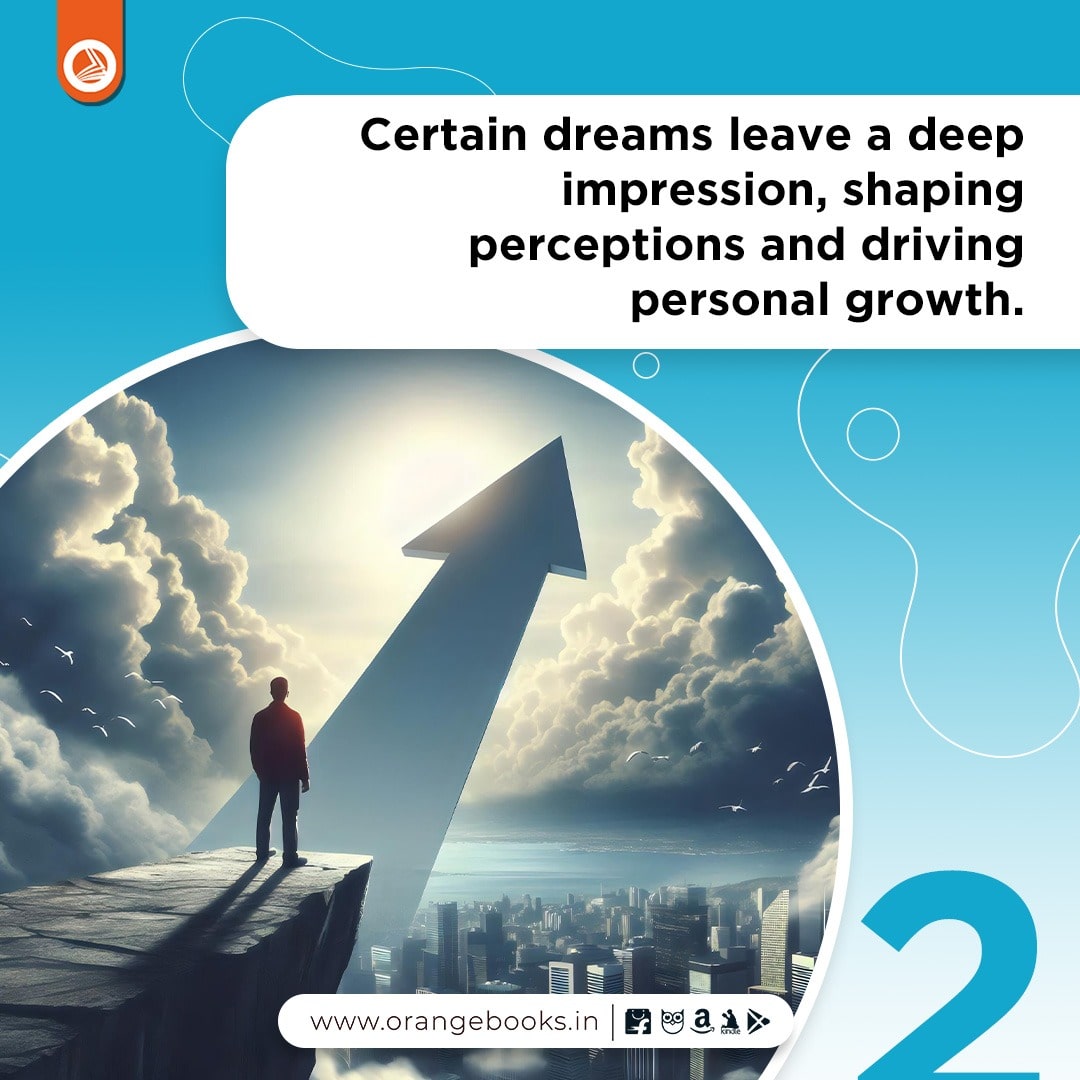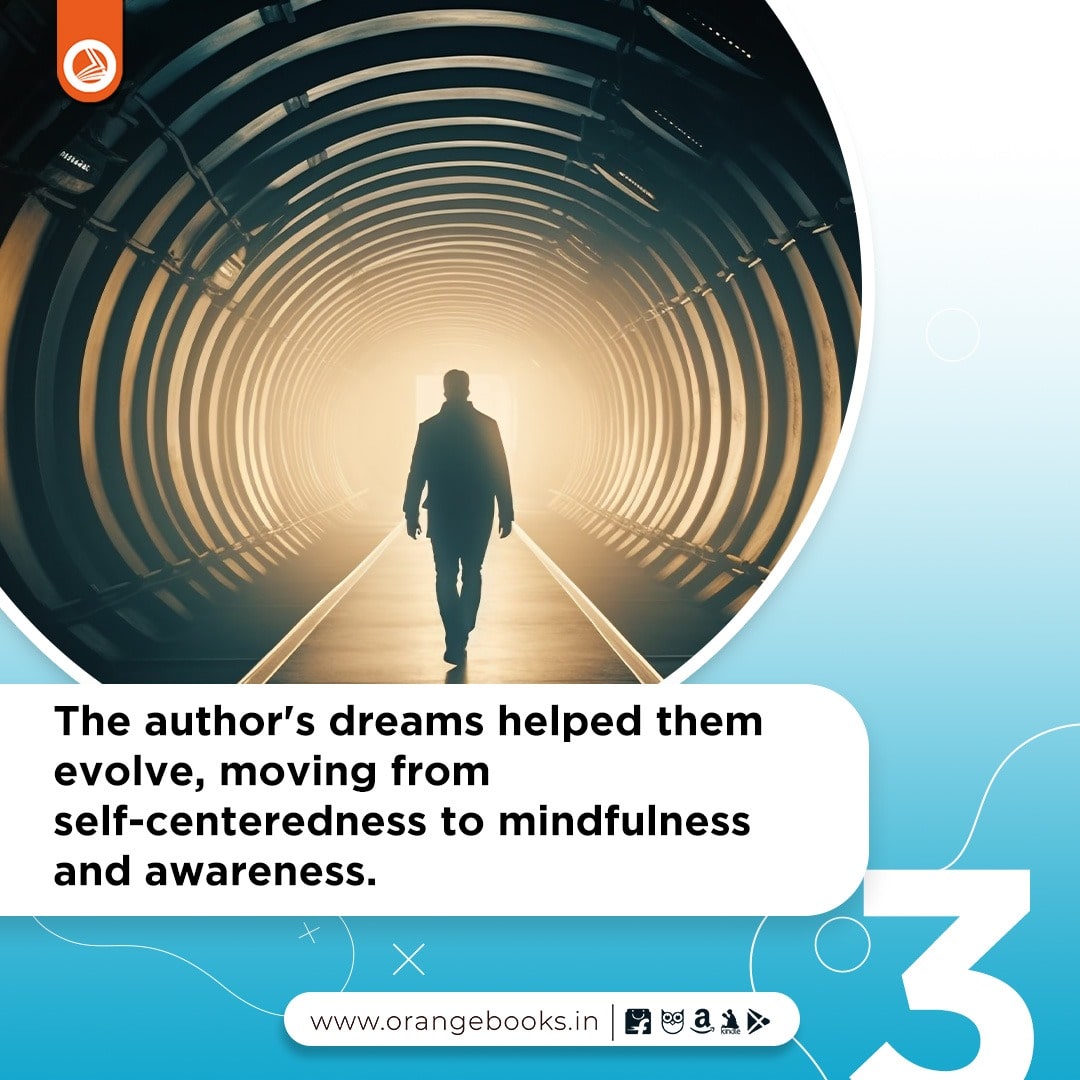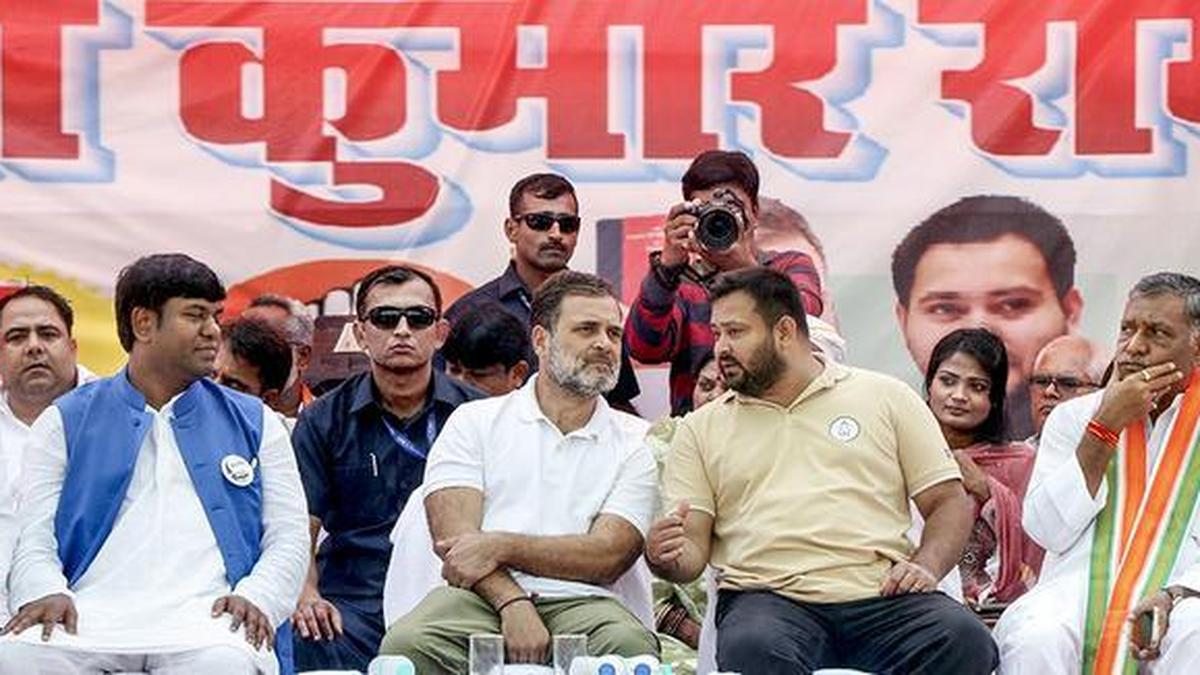- October 30, 2024
Arjun Freeman Talks About His Book “Recipe for a dream”
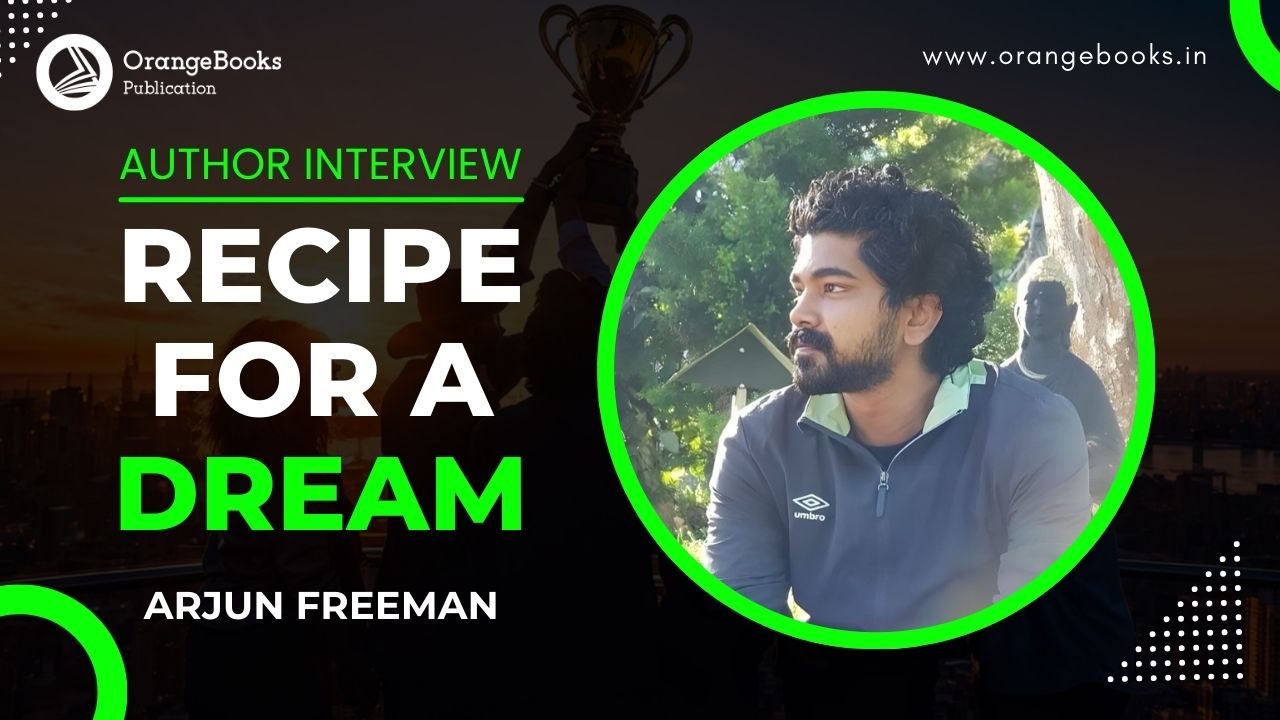
About the Author:
Arjun T Kaladharan is the Director of Neo Yugam Foundation, with over five years of experience working as a volunteer to address malnutrition issues in underprivileged communities. He is dedicated to educating others about food and nutrition, and he works tirelessly to supply healthy food to those in need. Arjun collaborates with several health and wellness firms as a consultant, leveraging his expertise to make a broader impact. In his free time, Arjun enjoys reading, writing, and painting, which reflect his creative and thoughtful nature.
Exclusive interview with the author
Q: What Inspired You To Write This Book?
A: The dreams I had during my childhood always acted as a compass, constantly triggering me to seek more, guiding me toward what I believe to be my destiny. These dreams were always with me, like a driving force. However, during the COVID lockdown, I felt stuck with nothing much to do outside. This period of stillness led me to reflect deeply and eventually sparked the idea of turning my thoughts into a detailed journal. I wondered, What if COVID brings an end to time, to my life? By the end of the first and second lockdowns, I had almost completed the core of what would become my book.
Q: Can You Tell Us About The Book?
A: My book revolves around the dreams I’ve had since childhood and my personal reflections on them. Throughout my life’s journey, some of these dreams have illuminated my path, offering guidance and purpose. The book also explores scientific, philosophical, and spiritual concepts related to dreams, which have helped expand my imaginative space, making it more vibrant and colorful. A few dreams, backed by scientific and philosophical theories, have significantly shaped my sense of purpose.
Q: What Does The Title Mean?
A: The title Recipe for a Dream represents the author’s lifelong pursuit of freedom. Towards the end of the book, the author explores the concept of freedom from the simulations and illusions we encounter in life. Recipe for a Dream symbolizes the ingredients and methods that guide readers in discovering their own freedom from these illusions and simulations.
Q: What Did You Learn When Writing The Book?
A:When writing the book, I learned that dreams are like hidden maps, guiding us through the maze of life. Each chapter I wrote felt like unlocking a new door, not just to the story but to parts of myself I hadn’t fully understood before. I discovered that dreams are not just fleeting moments of the night—they are whispers from our subconscious, urging us to explore deeper truths. Writing this book was like connecting the dots between my past, present, and future, giving me a sense of purpose that I didn’t even know I was searching for. It taught me that even in the quiet of a locked-down world, the mind can travel to unimaginable places, finding light in the darkest corners.
Q: Was The Character Inspired By A Real Person?
A: No, all the characters mentioned in the book is 100% fictional.
Q:What Do You Think Happened To The Characters After The Book Ended?
A: The characters mentioned in the book are undoubtedly living in their own dream realms. They continue to interact with me, sharing their stories from within their unique realms.
Q: Where Do You Get Your Information Or Ideas For Your Books?
A: The main source of ideas for the book comes from my dreams and my own thoughts. Additionally, inspiration has come from other books, YouTube videos, and brainstorming sessions.
Q:Do You Have Any Suggestions To Help Others To Become A Better Writer? If So, What Are They?
A: Journaling every day is the best way to begin writing. Remember, the pen is the most powerful weapon—use it.
Q: Do You Try More To Be Original Or To Deliver To Readers What They Want?
A: When I write, I strive to balance originality with the desire to connect with readers. My primary focus is to stay true to my unique voice and ideas, but I also consider what resonates with readers, aiming to inspire, challenge, and engage them. It’s about delivering something meaningful that blends personal authenticity with the insights that readers seek.
Q: How Did Publishing Your First Book Change Your Process Of Writing?
A: How I articulate words comes from a deep confidence in narrating my thoughts. It’s about trusting my voice and allowing the flow of ideas to shape the narrative naturally, creating a story that feels authentic and engaging.
Q: What, In Your Opinion, Are The Most Important Elements Of Good Writing?
A: Good writing aims to provide readers with a fresh experience, whether through innovative ideas or unique articulation. It should engage readers on both emotional and intellectual levels, drawing them into a rich, immersive world.
Q: What Is The Most Difficult Part About Writing For You?
A: The limitations of language and my own knowledge can pose challenges in framing my thoughts into words effectively. These constraints can impact how clearly and accurately I express my ideas.
Q: What Does Success Mean To You? What Is The Definition Of Success?
A: Success is when you realize your true nature and your mind is free from all illusions and simulations.
Q: How Important Is Research To You When Writing A Book?
A: Research is one of the most important aspects of writing a book. It provides essential resources and contributes to making the book more interesting and well-informed.
Q: Do You Believe A Book Cover Plays An Important Role In The Selling Process?
A: Absolutely, the book cover is often the first thing that grabs a reader’s attention and can significantly influence their interest in the book. It’s a crucial element in making a strong first impression!
Q: How Do Your Book Get Published?
A: I wrote the manuscript myself, had it proofread by three people, then approached publishers and chose to self-publish.
Q: What Advice Would You Give To Aspiring Authors?
A: Write Regularly: Develop a consistent writing routine. The more you write, the better you’ll become. Read Widely: Read across genres and styles. It helps you understand different writing techniques and broadens your perspective. Seek Feedback: Share your work with others and be open to constructive criticism. It can provide valuable insights and help you improve. Revise Thoroughly: Don’t be afraid to revise and edit your work. Good writing often involves rewriting and refining.
This book is published by OrangeBooks Publication. All rights are reserved with the author & the publisher.


